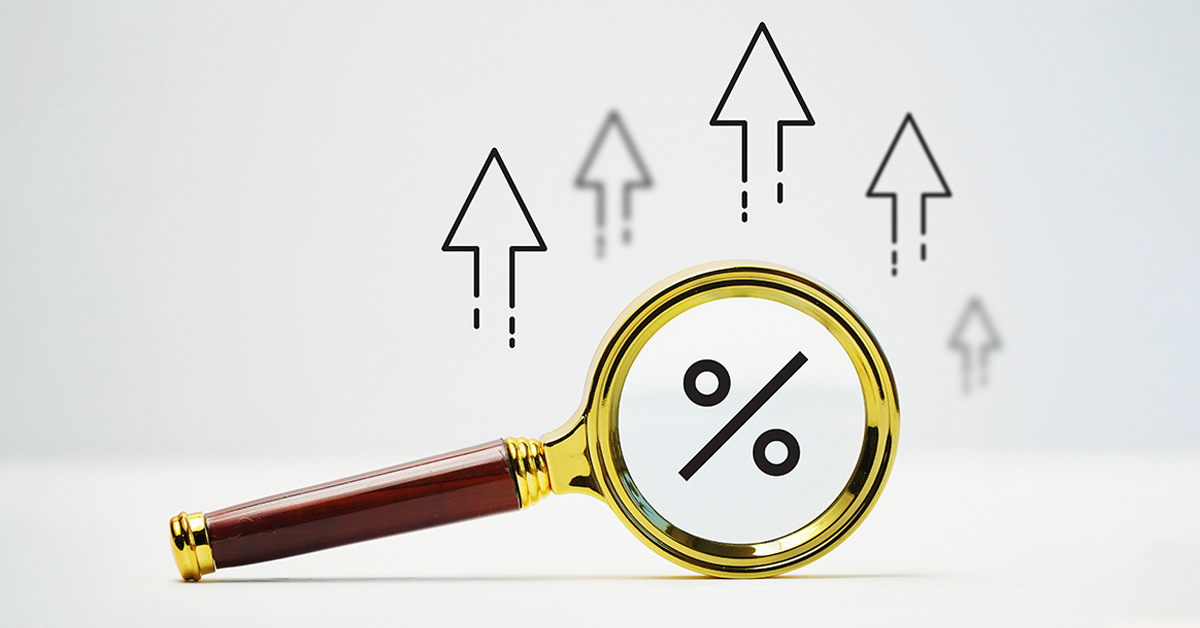How does the interest rate hike affect your personal finance?

In addition to the equity and debt market, the rate hike will impact loans and fixed deposits.
In an emergency press briefing on May 04, 2022, the Reserve Bank of India announced a 40 bps hike in the repo rate. Much to investors’ surprise, the central bank increased the rates for the first time in two years to control inflation. Although the move is likely to rein the rising prices of oil and food in the backdrop of a shortage of supplies due to conflict in Europe, it can significantly impact your credit (loans) and investments in fixed deposits and mutual funds.
Let us see the impact of the rate hike on your day-to-day finances:
Impact on fixed deposits
If this is the beginning of the interest rate hike cycle, more rate hikes might be coming up. Consequently, this could increase the interest rates of short term fixed deposits. The rates of long-term deposits might also increase gradually. Although the interest rate on FDs might increase, FDs are not tax efficient as the gains from FDs are taxed as per the income slab of the depositor.
Impact on loans
Lenders (banks and financial institutions) will quickly pass on the hike to borrowers, resulting in a rise in EMI amount or loan tenure extension. Many banks have already started to increase the interest rate on loans. But this applies to those having floating-rate housing loans. The impact will be severe for individuals intending to make fixed-rate loans like car loans or personal loans.
As the lenders will pass on the interest rate hike to borrowers, the demand for a home loan is likely to slow down, which could further dampen the real estate market.

Impact on equityÂ
A hike in interest rate directly affects investor sentiments. For instance, the recent unexpected announcement of the central bank’s rate hike resulted in mayhem in the Indian stock market within an hour. Consequently, Sensex closed with losses on the day of RBI’s announcement. Although instant reaction and panic selling might affect the short-term returns in the equity market, staying invested through this rough patch and keeping an eye on the long-term goal will pay off investors.
Investing in equity-oriented mutual funds through systematic investment plan (SIP) for a longer duration can average out interest rate risk and generate steady returns over period. As historical data shows, equity has outperformed during times of high inflation in 2014 and 2016. Also, since equity is ideally a suitable asset class for a longer investment horizon, the negative impact of an interest rate hike will be averaged out if stayed invested systematically in this asset class.Â
Impact on debt
Interest rates and debt (fixed income) securities such as corporate and Government bonds have an inverse relationship. When the interest rates rise, bond prices fall and vice versa; thus directly affecting the performance of debt funds. But before we understand the impact of the interest rate hike on debt mutual funds, it is essential to know how debt funds work.
When the Government or a corporate entity wants to raise funds, they borrow money from investors and agree to repay the borrowed sum along with interest on a timely basis. This loan agreement between the issuer (borrower) and investor (lender) is called debt securities. Since the issuer pre-decides the interest rate and period at the end of which instrument can be redeemed, these are known as ‘fixed-income’ securities. This interest rate is what we call coupon rate, and the pre-defined time is known as maturity.
However, these debt securities are prone to interest rate risk in the economy and get adversely affected by movement of interest rates. For example, let’s suppose bond A is issued at coupon rate of 6% and prevailing interest rate in the economy is also 6%. But if the interest rate rises to 7%, previously issued bond A will not be worth its face value as it continues to pay 6% only.
In other words, since the bond’s coupon rate is pre-decided at the time of its issuance, the rise in interest rate above the coupon rate makes the existing bonds look unattractive, which dampens the demand for these bonds. As a result of lower demand, the NAV of debt funds holding these securities/bonds also decline. Therefore, a rise in the interest rate can impact debt funds negatively.
All in all, an interest rate hike has a different impact on various assets and financial instruments. Thus, it is prudent to diversify your investment portfolio across multiple avenues and seek professional help before making any significant financial decision.

